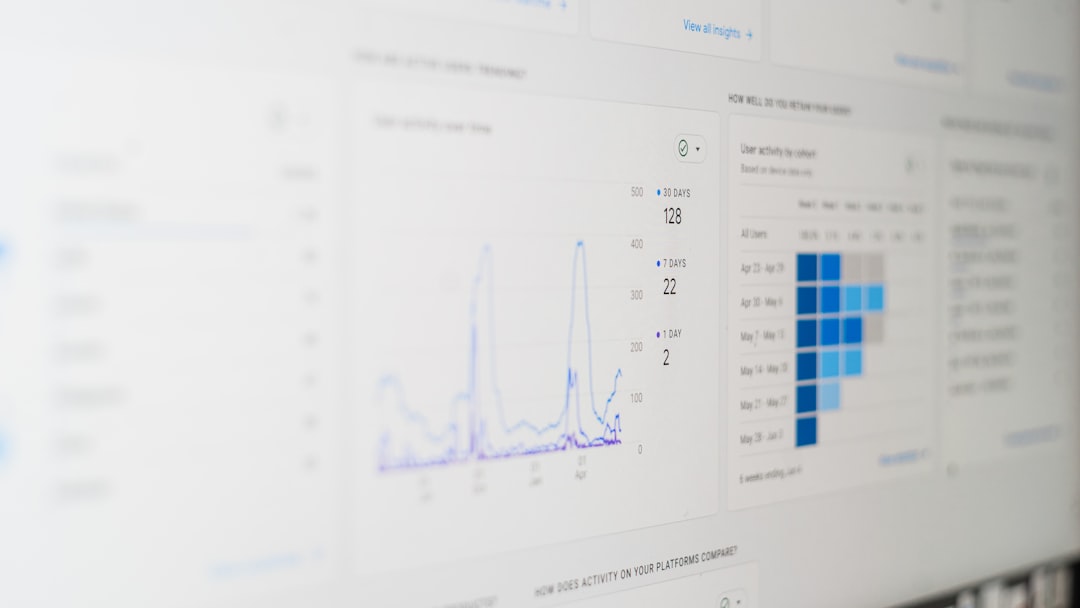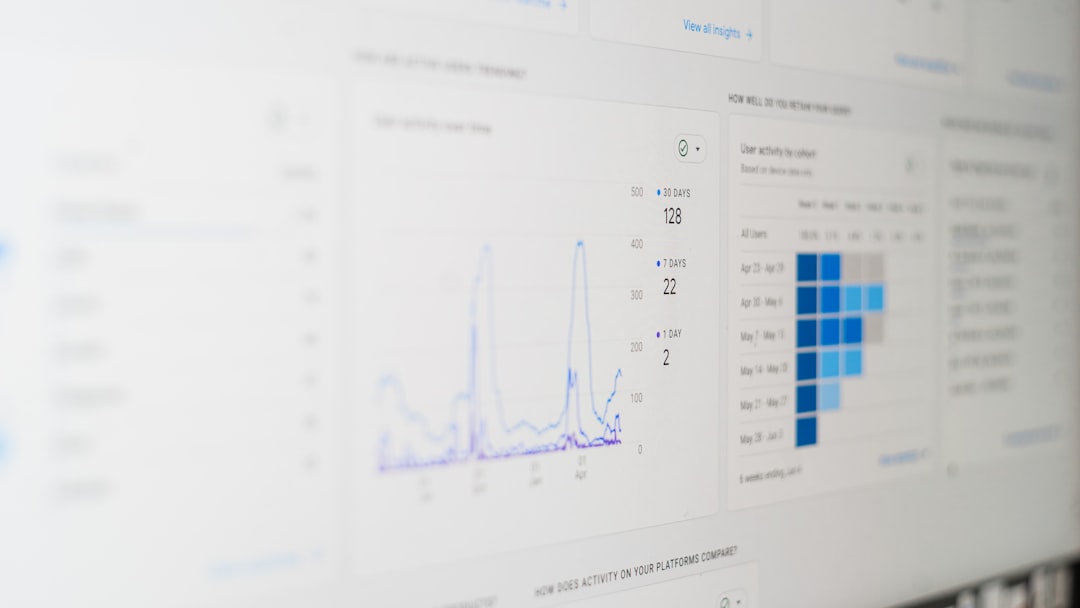In today’s fast-paced digital economy, information is power. However, manually gathering, organizing, and analyzing data can be time-consuming and error-prone. This is where artificial intelligence (AI) steps in to revolutionize the way businesses handle their reporting. With the advent of AI report generators, organizations can now streamline their data interpretation processes, save valuable time, and empower smarter, faster decision-making.
Why AI-Powered Report Generators Matter
Traditional reporting tools often require significant manual input, technical skills, and extensive formatting. Not only does this slow down the decision-making process, but it can also result in inaccuracies due to human error. AI report generators eliminate these issues by automatically producing reports from raw data using natural language processing, machine learning, and data visualization techniques.
The ability to produce consistent, clear, and insightful reports in seconds has become a game-changer for industries ranging from finance and marketing to healthcare and logistics.
Key Benefits of Using an AI Report Generator
- Time Efficiency: AI-driven tools automatically collect data from various sources, analyze it, and generate tailored reports in seconds.
- Enhanced Accuracy: Automation reduces the possibility of human error in data interpretation and presentation.
- Real-Time Insights: Live data feeds into reports enable decision-makers to act instantly based on the latest information.
- User-Friendly Formats: AI generates reader-friendly formats that are easy to understand, even for non-technical stakeholders.
- Customization: Reports can be tailored to meet the specific needs of different departments, ensuring relevant insights reach the right people.

How AI Report Generators Work
AI report generation hinges on several advanced technologies, including natural language generation (NLG), machine learning algorithms, and data visualization engines.
- Data Collection: The system gathers data from internal sources such as databases, ERP systems, and spreadsheets, as well as external feeds like APIs or public datasets.
- Data Analysis: Machine learning algorithms process the data to detect trends, correlations, and abnormalities.
- NLG Engine: Natural language generation technologies transform the analyzed data into human-readable narratives.
- Presentation: The system presents the results using charts, tables, and highlighted insights for optimal understanding.
This seamless cycle allows managers and teams to rely on AI-generated reports for operational, financial, and strategic decision-making without manual intervention.
Real-World Applications Across Industries
- Finance: Generate automated financial summaries, performance overviews, and compliance reports.
- Marketing: Track campaign efficacy, compare SEO performance, and visualize customer engagement metrics.
- Healthcare: Analyze patient outcomes, monitor hospital operations, and ensure compliance with legal regulations.
- Retail: Report on inventory levels, sales performance, and customer behavior in real time.
- Human Resources: Streamline people analytics by creating talent acquisition and turnover reports automatically.

The adaptability of AI report generators means that regardless of the field, they can mold reports to fit any workflow, creating a competitive edge in data-driven decision-making.
Simplifying Complex Data for Better Understanding
One of the most transformative features of AI report generators is their ability to translate complex data into clear, conversational narratives. Rather than deciphering large Excel sheets or static slides, stakeholders receive dynamic documents that explain the ‘why’ behind the numbers. This makes strategic planning and forecasting far more approachable for non-technical team members.
For example, instead of a report saying “Sales increased by 8%,” an AI-generated report might state: “Sales in Q2 rose by 8%, largely driven by increased demand in European markets due to the spring promotional campaign.” The clarity and context this provides is invaluable.
Improving Agility in Decision-Making
In a world where markets shift rapidly, waiting for weekly or monthly analysis isn’t sustainable. AI report generators allow for near-instant access to key performance indicators (KPIs), enabling leaders to adapt and pivot in real time. This increased agility helps organizations mitigate risks, capitalize on emerging opportunities, and stay ahead of competitors.
Moreover, the process of identifying bottlenecks, forecasting trends, or developing contingency plans becomes far more efficient when backed by timely and accurate reports generated autonomously.
Security and Data Governance
Despite the convenience offered by AI solutions, data security remains a critical concern. Reputable AI reporting platforms include robust encryption protocols, role-based access control, and compliance with global standards such as GDPR and HIPAA where necessary.
Additionally, built-in audit trails and version control mechanisms help organizations maintain transparency and accountability over their data handling processes.
Choosing the Right AI Report Generator
When selecting an AI-powered reporting solution, organizations should consider the following features:
- Integration capabilities with existing data sources.
- Customizability of reports to align with organizational goals.
- Ease of use and user interface design.
- Security measures and compliance certifications.
- Scalability to support future growth.
Leading options on the market often provide free trials or demos, allowing businesses to test their effectiveness before making any financial commitment.
Looking Ahead: The Future of AI Reporting
AI reporting tools are expected to evolve by incorporating even more voice, natural language querying, and predictive analytics. In the future, executives may be able to ask questions like “What was our most profitable segment last quarter?” or “Forecast revenue growth over the next six months” and receive immediate visual and textual responses from their AI assistant.
As the technology matures, AI report generators will become a non-negotiable part of the business toolkit. Their ability to eliminate manual overhead, reduce response times, and democratize access to insights is already reshaping how companies think about their data.
Image not found in postmetaFrequently Asked Questions (FAQ)
1. What is an AI report generator?
An AI report generator is a software tool that uses artificial intelligence to automatically analyze data and create detailed reports in human-readable formats. These reports often include written summaries, statistical insights, and visualizations.
2. How secure are AI-generated reports?
Leading AI reporting platforms implement strong security protocols, including data encryption, user authentication, and compliance with industry regulations such as GDPR and HIPAA.
3. Can AI report generators handle large datasets?
Yes. Most AI report generators are built to scale and can process large volumes of data efficiently, making them suitable for enterprises of all sizes.
4. Is technical knowledge required to use an AI report generator?
No advanced technical skills are required. Most platforms are designed with intuitive interfaces that allow non-technical users to generate detailed reports with ease.
5. What industries benefit the most from AI-generated reporting?
AI reporting is particularly valuable in industries that rely on large amounts of real-time data, such as finance, marketing, healthcare, manufacturing, and retail.
6. Are AI-generated reports customizable?
Absolutely. Users can often specify the data points, KPIs, formats, and frequency of reporting to meet their unique business objectives.
7. How do AI report generators improve decision-making?
By providing timely, accurate, and actionable insights, these tools enhance strategic thinking and allow decision-makers to respond swiftly to evolving conditions.
In conclusion, AI report generators are not just another tech trend—they represent a fundamental shift in how organizations harness data for performance, strategy, and growth. Making this technology a staple in your business operations could be the key to unlocking unprecedented efficiency and competitive advantage.
